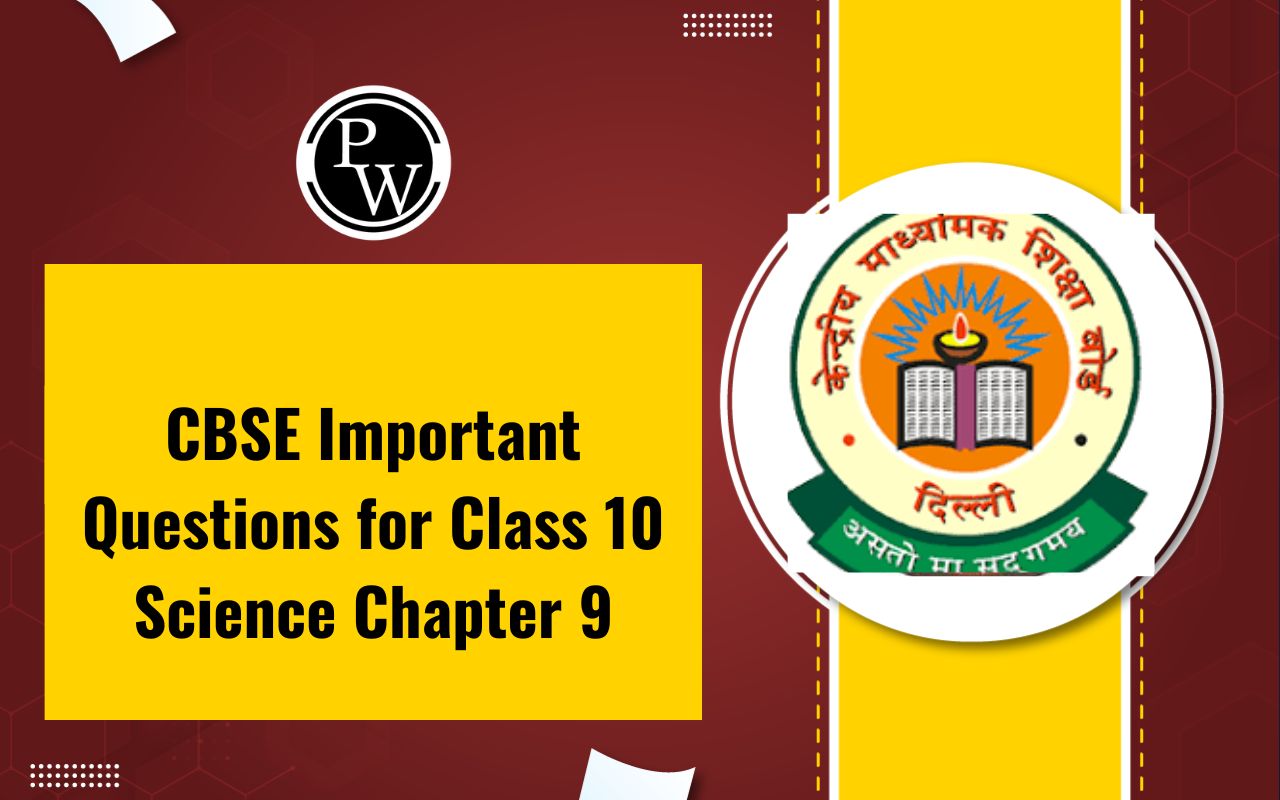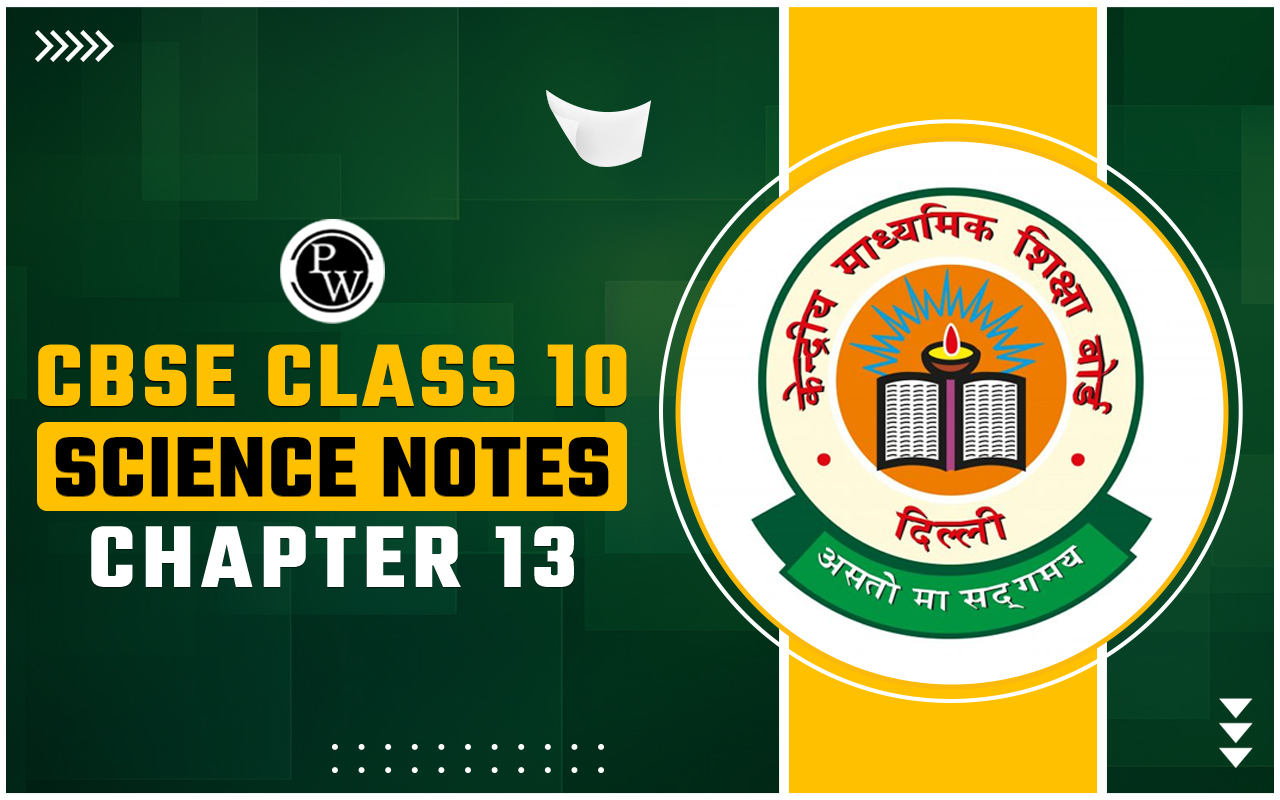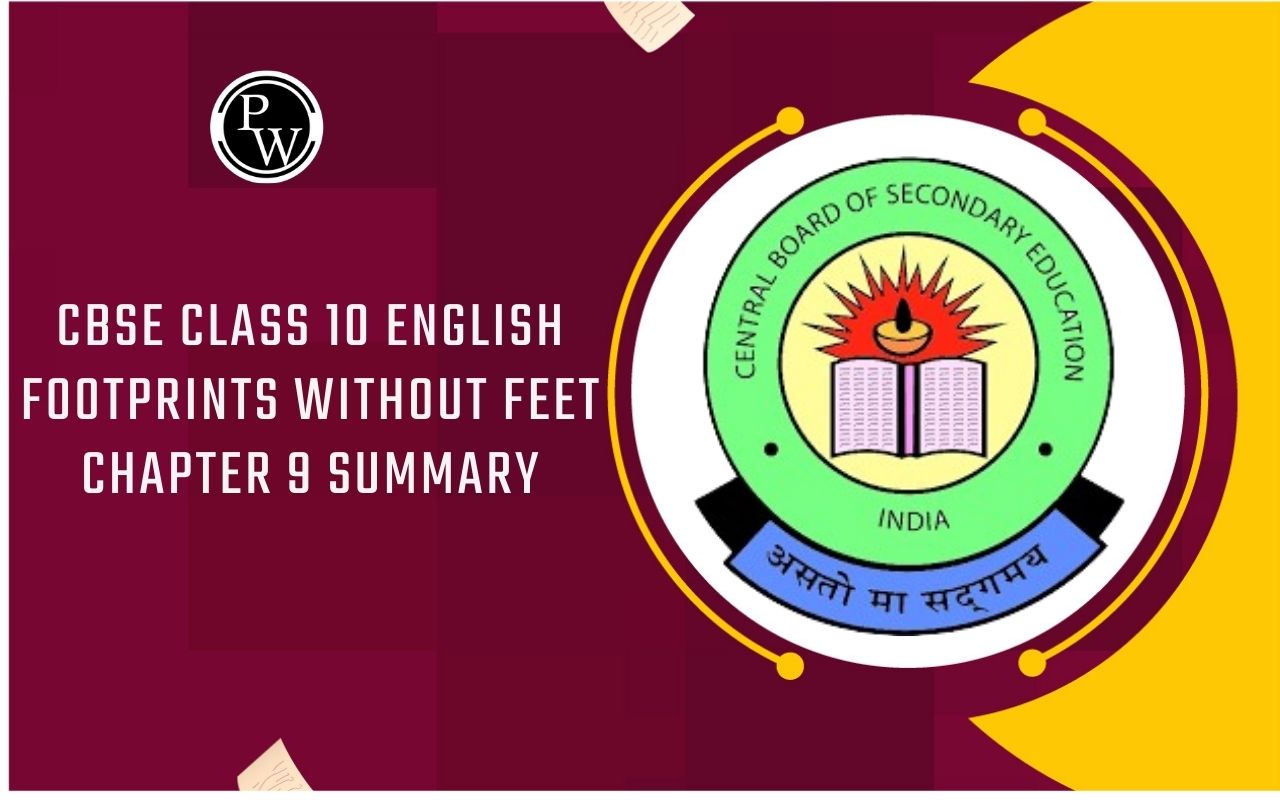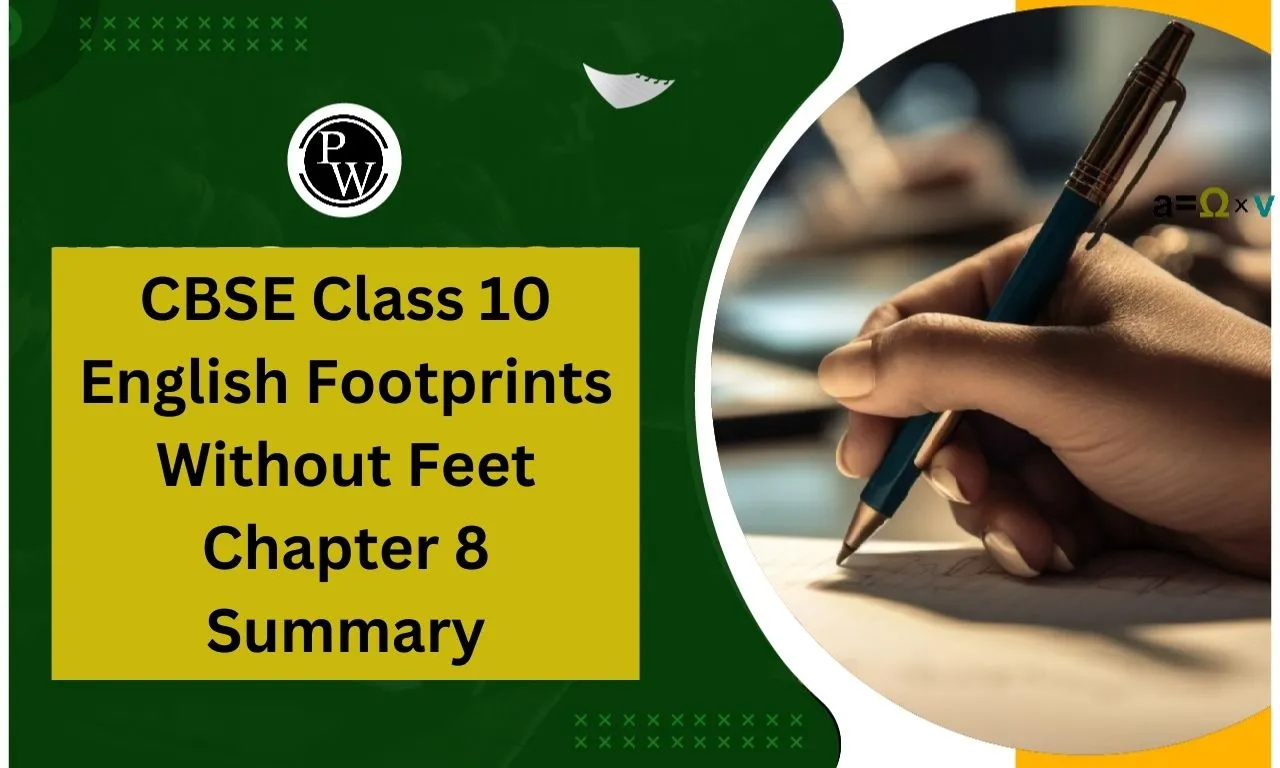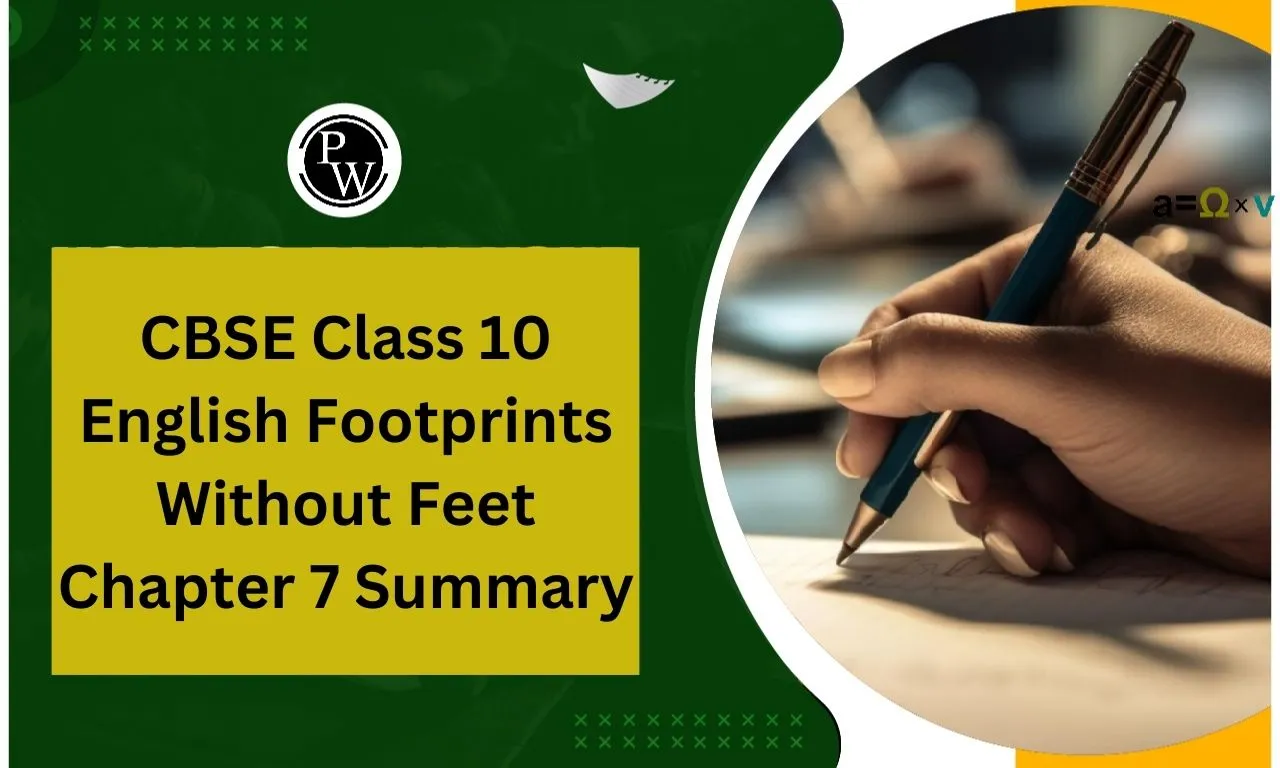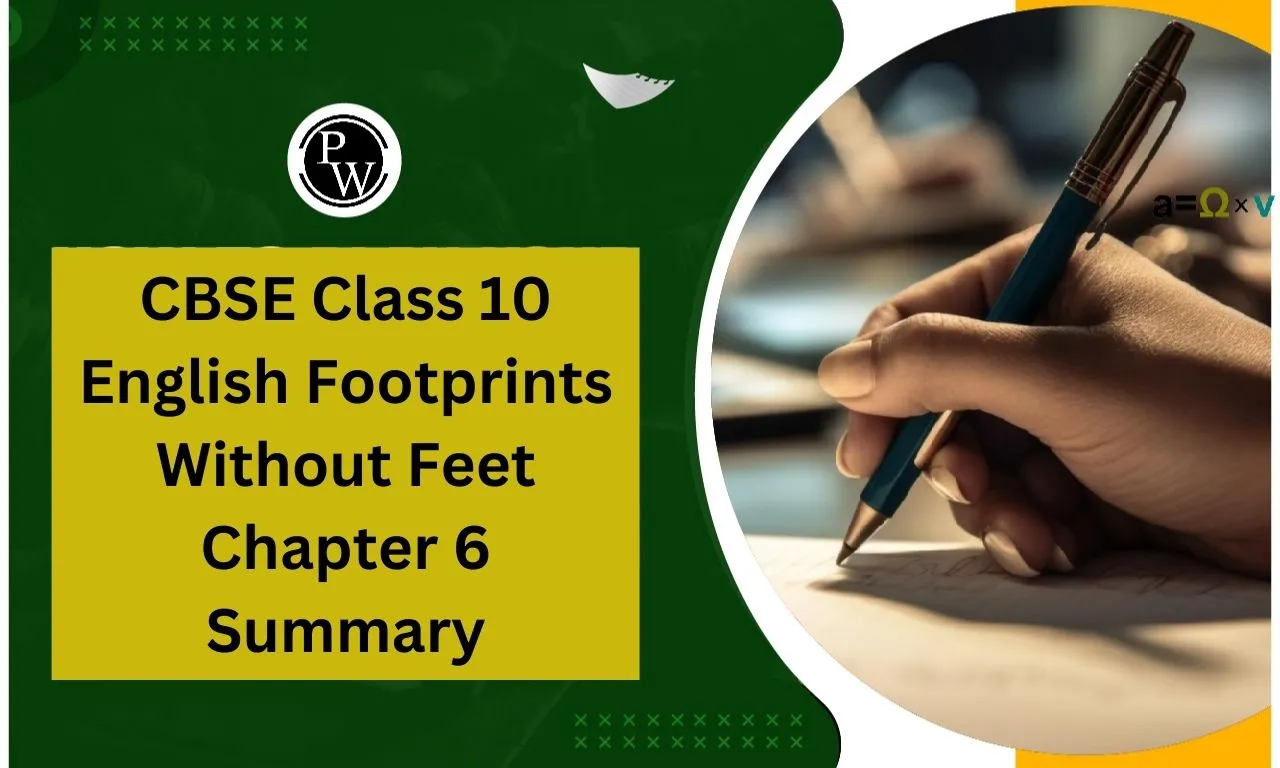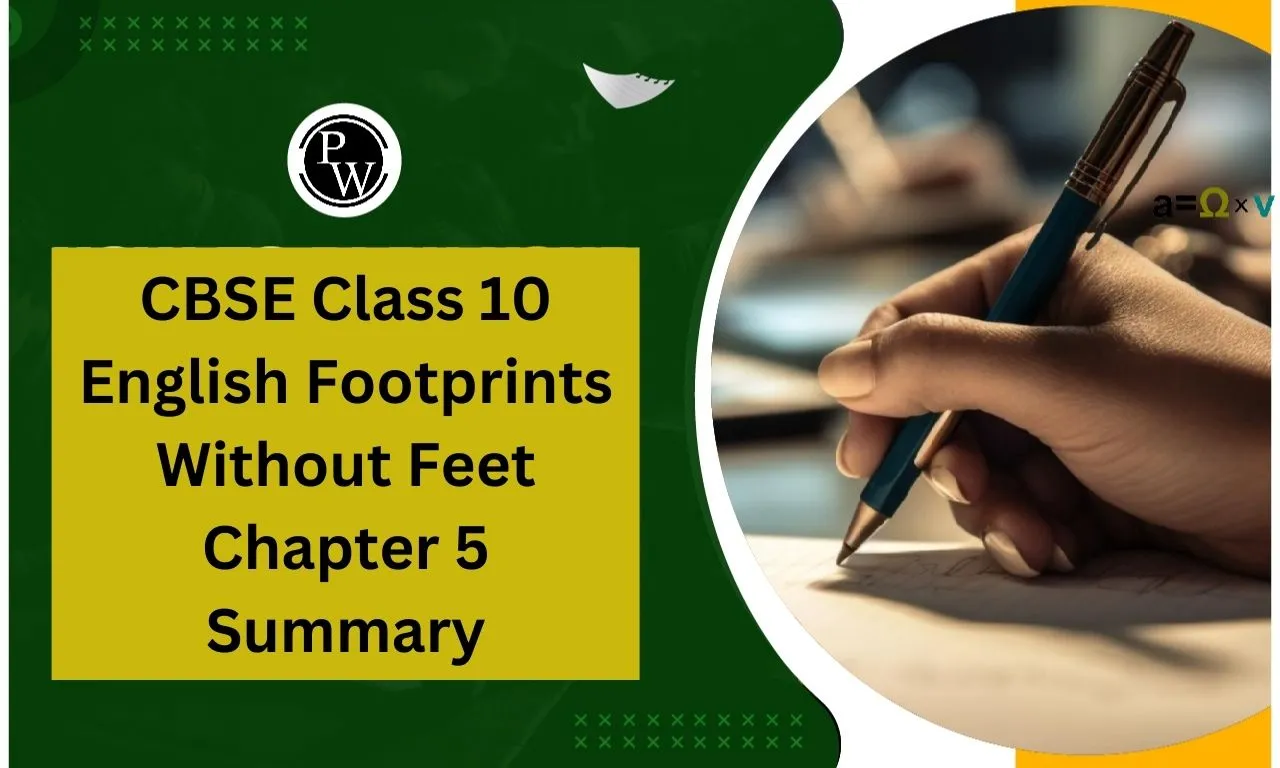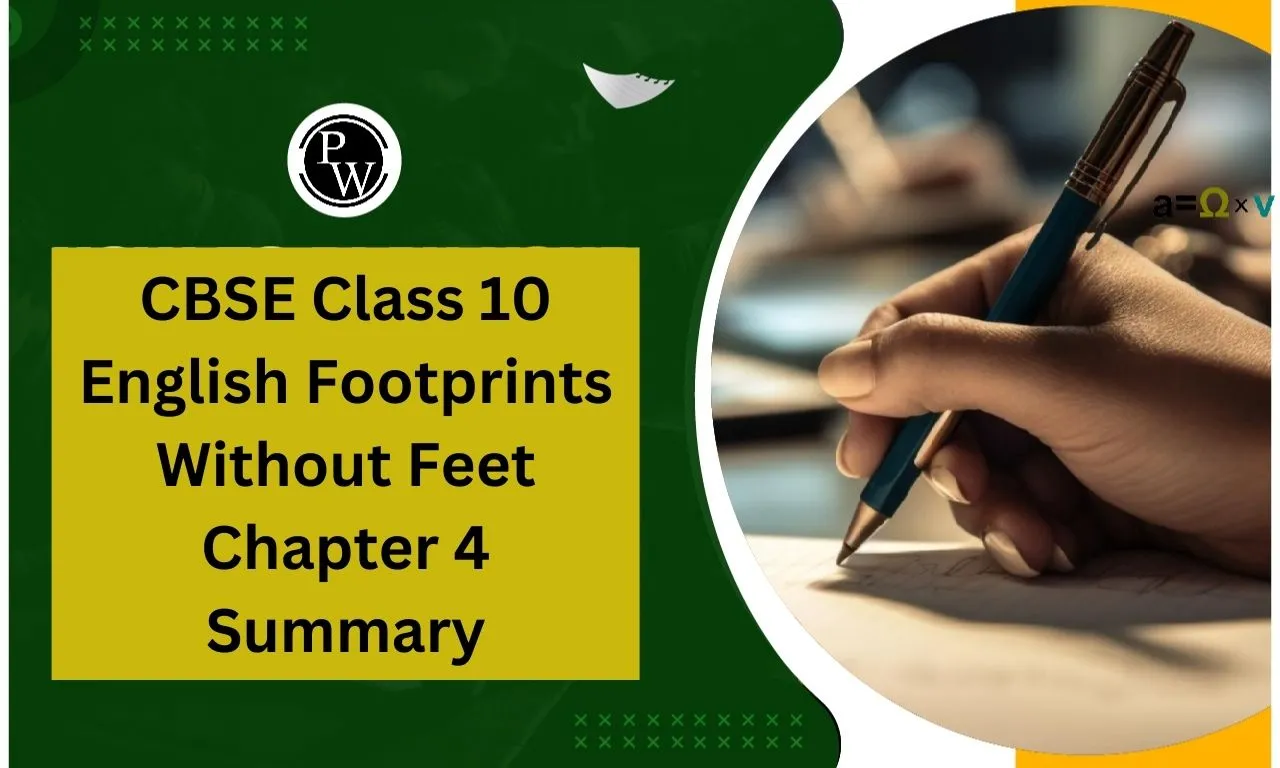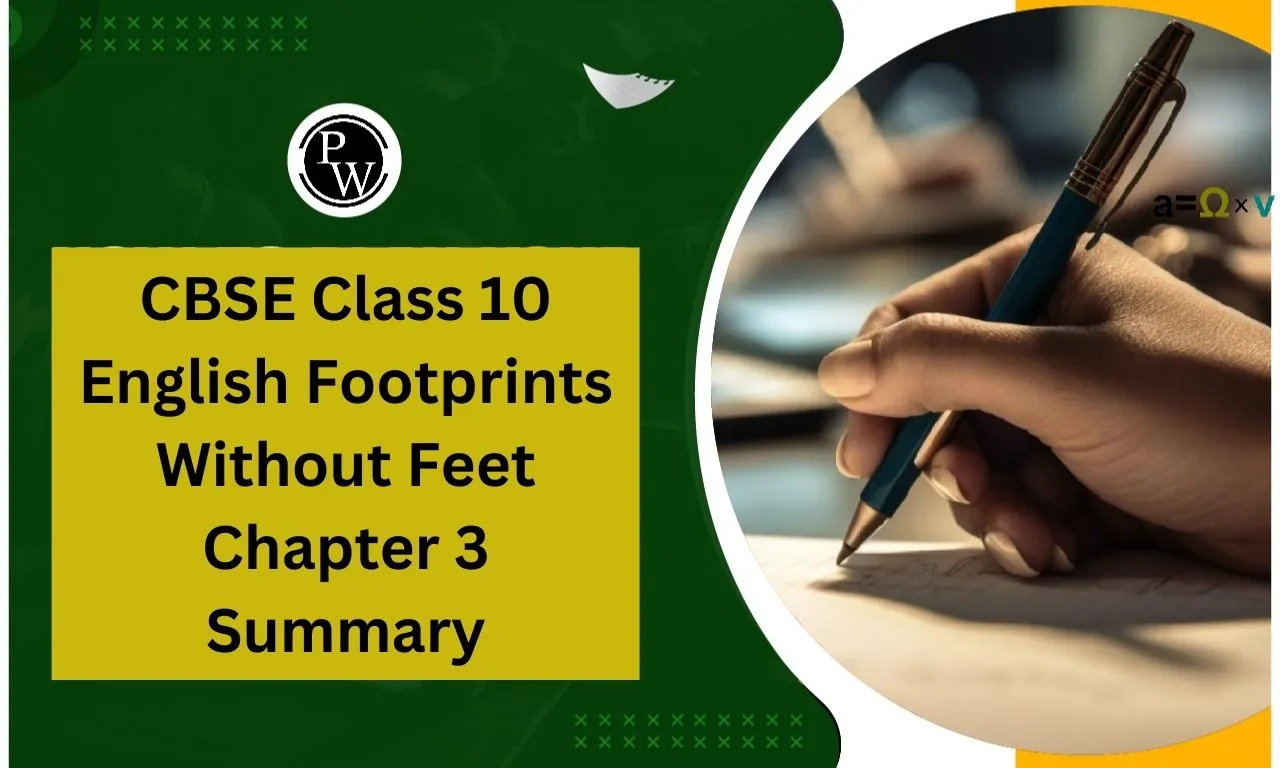
Plural Nouns
A plural noun is a word used to talk about more than one person, place, thing, or idea. To make most singular nouns plural, we usually add "s" or "es" to the end. For example, the word "dog" becomes "dogs" when we're talking about more than one of them, like three dogs. However, there are some nouns that don't follow the usual rules.
These are called irregular plural nouns, and you need to either memorize them or check a dictionary to know their plural forms. Different nouns follow different rules for becoming plural, so it's a good idea to learn those rules to use plural nouns correctly.Plural Nouns Definition
A plural noun is a word used in the English language to represent more than one person, place, thing, or idea. In contrast to singular nouns, which indicate a single item, plural nouns indicate that there are multiple items or entities being referred to. Plural nouns are often formed by adding specific suffixes, such as "s" or "es," to the end of singular nouns, but irregular nouns have unique forms when made plural.Also Read: Parts of Speech
Examples of Plural Nouns
Here are the examples of Plural Nouns given below:- Dogs: The park is filled with dogs of all breeds.
- Cats: Cats are known for their agility and independence.
- Horses: She enjoys riding horses on the weekends.
- Bicycles: There are several bicycles in the bike rack.
- Trees: The forest is home to a variety of trees.
- Balloons: The birthday party had colorful balloons.
- Pencils: Students need pencils for taking notes.
- Children: The children are excited for the school field trip.
- Apples: She picked apples from the orchard.
- Computers: The office is equipped with modern computers.
- Books: The library is a treasure trove of books.
- Houses: The neighborhood has many beautiful houses.
- Planes: The airport has numerous planes taking off.
- Friends: We went to the movies with some friends.
- Toys: The toy store offers a wide range of toys.
- Universities: There are several universities in the city.
- Cars: The traffic jam was due to too many cars.
- Restaurants: There are many restaurants in the area.
- Watches: He collects vintage watches as a hobby.
- Countries: There are 195 countries in the world.
How to Change Singular Nouns to Plural Nouns
To change singular nouns to plural nouns in English, you can follow these general rules and guidelines:1. Add "s" to the End: This is the most common way to form plurals. For example:
- Cat ➡ Cats
- Book ➡ Books
2. Add "es" to the End: Use this rule for nouns ending in s, x, z, sh, or ch. For example:
- Box ➡ Boxes
- Dish ➡ Dishes
- Church ➡ Churches
3. Change "y" to "ies": When a noun ends in a consonant + "y," change the "y" to "ies." For example:
- Baby ➡ Babies
- City ➡ Cities
4. No Change: Some nouns remain the same in both singular and plural forms. For example:
- Deer (singular and plural)
- Sheep (singular and plural)
5. Irregular Plurals: Some nouns have irregular plural forms that don't follow the above rules. For example:
- Man ➡ Men
- Woman ➡ Women
- Child ➡ Children
6. Change "f" or "fe" to "ves": For nouns ending in "f" or "fe," change the "f" or "fe" to "ves." For example:
- Leaf ➡ Leaves
- Knife ➡ Knives
Plural Nouns And Tense Form
Here are some examples to help you understand how regular nouns can be used in various tense forms: Keep in mind that the words in bold represent plural nouns, while the words in italics demonstrate the corresponding tense forms. This format provides clarity about how different tenses are applied to everyday nouns.| Plural Nouns And Tense Form | ||
|---|---|---|
| S. No. | Tense | Plural Form |
| 1 | Simple Present Tense | Many students are enthusiastic about learning. |
| The birds in the park sing beautifully. | ||
| 2 | Present Continuous Tense | People in the park are playing frisbee. |
| The kids in the garden are running around. | ||
| 3 | Present Perfect Tense | The teams have already completed the project. |
| The workers have fixed all the broken tools. | ||
| 4 | Present Perfect Continuous Tense | The gardeners have been planting flowers. |
| The students have been studying diligently. | ||
| 5 | Simple Past Tense | The children were excited about the trip. |
| The dogs at the shelter were adopted. | ||
| 6 | Past Continuous Tense | The actors were rehearsing their lines. |
| The chefs in the kitchen were busy cooking. | ||
| 7 | Past Perfect Tense | The travelers had missed their train. |
| The painters had finished the mural. | ||
| 8 | Past Perfect Continuous Tense | The workers had been constructing the bridge. |
| The students had been practicing for weeks. | ||
| 9 | Simple Future Tense | The athletes will compete in the Olympics. |
| The scientists will conduct experiments. | ||
| 10 | Future Continuous Tense | The employees will be attending a conference. |
| The artists will be showcasing their work. | ||
| 11 | Future Perfect Tense | The explorers will have reached the summit. |
| The authors will have published their books. | ||
| 12 | Future Perfect Continuous Tense | The team will have been training for months. |
| The musicians will have been rehearsing. | ||
| English Related Links | |
| Common Nouns | Possessive Nouns |
| Abstract Nouns | Countable Nouns |
| Uncountable Nouns | Collective Nouns |
Plural Nouns FAQs
What is a Plural Noun example?
What are Plural Nouns?


